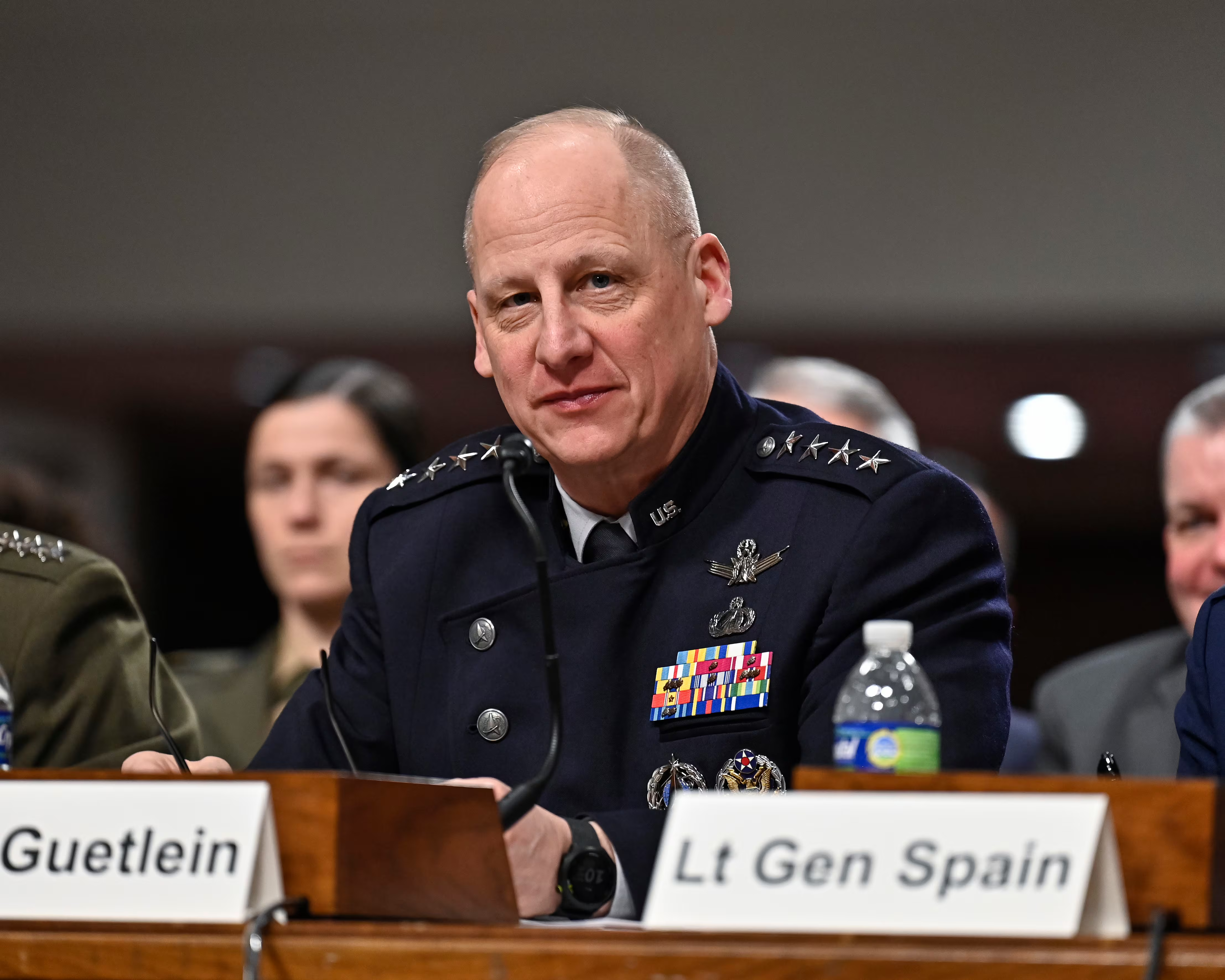TEL AVIV — An arm of the US National Institutes of Health (NIH) is moving into advanced testing of an Israeli product that promises to treat victims of radiation exposure from industrial catastrophes or the specter of nuclear material in the hands of terrorists. The advanced testing stage comes as world leaders converge in Washington for the fourth Nuclear Security Summit.
Developed by Pluristem Therapeutics, based in Haifa, Israel, the firm's placenta cell therapy product — dubbed PLX-R18 — has proven to be nearly 100 percent effective in mice. Over the coming year, NIH's National Institute of Allergy and Infectious Diseases (NIAD), in collaboration with Pluristem and a US Food and Drug Administration-guided production process, will evaluate the optimal dose of cells to be injected in monkeys.
And once the optimal dose is determined in "nonhuman primates," the results could lead to application and eventual license for a new drug to counter so-called Acute Radiation Syndrome (ARS), according to NIAID's Radiation-Nuclear Countermeasures Program.
"Because human efficacy studies of PLX-R18 are not ethical or feasible, product approval … for use in an unanticipated/accidental radiation exposure is expected to move forward under the FDA Animal Rule," NIAID told Defense News.
It added that initial results from a three-year study funded and conducted by the Radiation-Nuclear Countermeasures Program have yielded "initial promising results."
In the wake of the March 26 attacks in Brussels, where two of the suspects were reportedly involved in surveillance of a high-ranking Belgian nuclear scientist, world leaders are increasingly focused on preventing what Yukiya Amano, head of the International Atomic Energy Agency (IAEA), and others have coined "nuclear terrorism."
A March 21 report from Harvard University's Project on Managing the Atom warned that while the three previous biennial Nuclear Security Summits have elevated awareness of the nuclear terror threat, the specter of significant, loosely guarded amounts of radiological materials reaching the hands of terror organizations remains very real.
"In the two years since the last nuclear security summit, security for nuclear materials has improved modestly," the authors of the study wrote. "But the capabilities of some terrorist groups, particularly the Islamic State, have grown dramatically, suggesting that in the net, the risk of nuclear terrorism may be higher than it was two years ago."
Rose Gottemoeller, US undersecretary of state for arms control and international security, said a focus of the summit would address this threat.

PLX-R18 has proven to be nearly 100 percent effective in mice.
Photo Credit: Courtesy of Pluristem Therapeutics Inc.
"Nothing I can say would highlight [the summit's message], sadly, better than this tragic attack in Brussels. … Thank god those terrorists did not have their hands on nuclear materials," she told reporters in Washington just hours after the March 22 attacks.
"Terrorism is spreading and the possibility of using nuclear material cannot be excluded," Amano told AFP on Thursday.
Yaky Yanay, president and chief operating officer of Pluristem, told Defense News that the firm's patented PLX placenta cell therapy releases a "cocktail" of proteins to counter inflammation, ischemia, hematological disorders and radiation damage in patients exposed to acute levels of radiation. If untreated, exposure involves potentially lethal damage to the bone marrow's ability to produce blood cells and platelets, as well as to other systems and organs.
"Today, we're injecting 48 hours after exposure to radiation and we're seeing very rapid recovery in small animals, while those that don't get treated die quickly, within 15 to 30 days," he said.
While dosage levels will be determined from results of the ongoing NIAID-funded study, Yanay said each injection could contain 100 million or more young, potent placenta cells. As for administering the cure, Pluristem executives say no blood match is required prior to administration in patients and PLX-R18 does not need to be refrigerated or otherwise stored in climatically controlled conditions.
"It will be an off-the-shelf countermeasure, easily stockpiled and administered in the field," he said. "There's no need to match prospective patients or for hospitalization."
More importantly, Yanay said initial research essentially shows no adverse side effects: "We can treat the entire population, if necessary. And this is extremely important in mass catastrophe or mega terror events."
The firm has developed, under FDA guidance, a manufacturing facility and quality control process capable of producing some 150,000 doses a year.
Zami Aberman, Pluristem chairman and CEO, said the firm has developed, under FDA guidance, a process that replicates the unique rejuvenating properties of the mother's placenta relative to the unborn baby
"Our process is the product," he said. "We know how to control the manufacturing process.
"We're very pleased to receive the support and collaboration of the NIH for the development of PLX-R18 as a medical countermeasure in the treatment of ARS, which is the first indication we are targeting in the defense technology space."
Aaron Mehta contributed to this report.
Email: bopallrome@defensenews.com
Opall-Rome is Israel bureau chief for Defense News. She has been covering U.S.-Israel strategic cooperation, Mideast security and missile defense since May 1988. She lives north of Tel Aviv. Visit her website at www.opall-rome.com.








